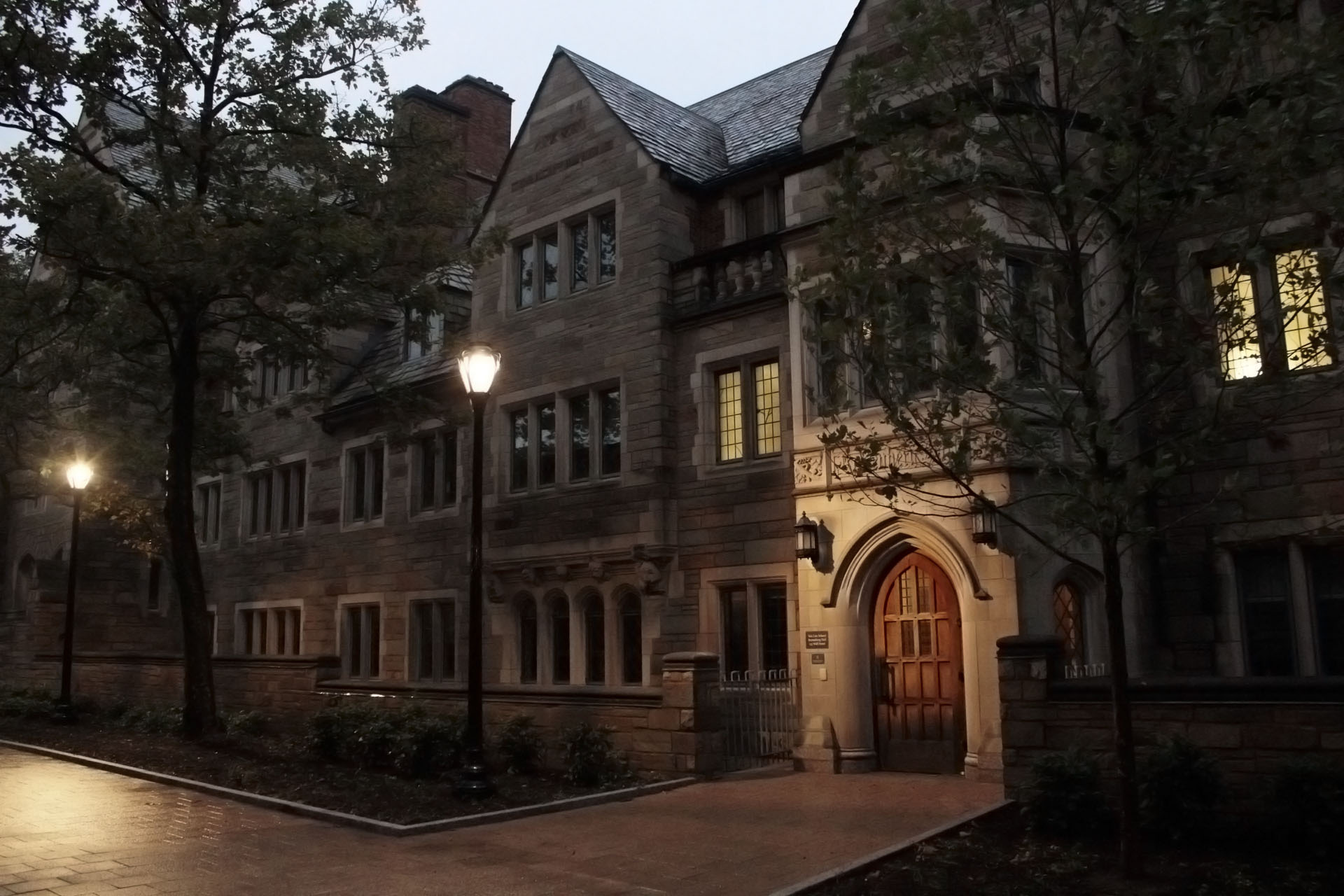University files preliminary response in law school “blackballing” lawsuit
University lawyers have filed a motion to proceed with naming the plaintiffs publicly in the case.

Yasmine Halmane, Contributing Photographer
Lawyers representing the University filed their first response on Monday night to the lawsuit from two students at Yale Law School who alleged that they were “blackball[ed]” from job opportunities after they refused to endorse a statement in the ongoing investigation against law professor Amy Chua.
The motion argues that the students, who are unnamed in the lawsuit, should not be allowed to sue anonymously and should be named explicitly in future litigation. The Law School’s motion argues that the plaintiffs, referred to as Jane and John Doe in their initial complaint, have no grounds on which to justify their anonymity and should be named in court. The plaintiffs’ lawyer had previously argued that they should be permitted to proceed under these pseudonyms on the grounds that naming them will lead to “social stigmatization” and is not within the public interest.
The University’s lawyers rejected the plaintiffs’ claims, arguing that there is only precedent to proceed anonymously in cases of highly sensitive matters, such as underage or sexual assualt-related crimes. The University lawyers also wrote that the plaintiffs’ identities are already widely known and that federal procedure has established that almost all plaintiffs must identify themselves.
“Plaintiffs here seek anonymity because they worry about having to stand up publicly for what they allege, not because they fear for their lives or because they are vulnerable children,” the University’s lawyers wrote in the filing. “But standing up publicly for what you accuse someone else of doing is the ordinary price of admission to a courthouse.”
On Nov 15, two law students filed a complaint against Yale University, as well as Law School Dean Heather Gerken, Associate Dean of YLS Ellen Cosgrove and Director of Diversity, Equity & Inclusion Yaseen Eldik.. The complaint accused the University and administrators of “blackball[ing]” them from job opportunities after they refused to endorse a statement condemning law professor Amy Chua for violating restrictions and hosting them in her home.
In an email to the News, University spokesperson Karen Peart reaffirmed the University’s position on the lawsuit, writing again that “the lawsuit is legally and factually baseless, and the University will offer a vigorous defense.”
John Balestriere LAW ’98, who represents the two students, responded to the motion in an email to the News, writing that “we believe that the plaintiffs should be able to proceed pseudonymously and that the law protects them in that regard. We believe our motion should be granted.”
The University’s brief recognizes that there are scenarios in which plaintiffs are often allowed to proceed anonymously or pseudonymously — however it points out that those are typically cases of sexual abuse or child-related crimes, and therefore the exceptions to federal procedure do not apply in this lawsuit.
The University further rejected the plaintiffs’ argument that naming them would lead to retaliatory physical or mental harm, given that the defendants already know the plaintiffs’ names.
“Plaintiffs fail to show that suing under their real names would harm them,” the University’s motion says.
The motion adds that it would be in the plaintiffs’ best interest to be named in the lawsuit, given that the lawsuit’s goal is to clear their names following allegedly-false allegations made by the defendants.
In a previous conversation with the News, David Lat LAW ’99, author of the legal newsletter “Original Jurisdiction,” said that it is “unusual” for parties in a lawsuit to remain anonymous, explaining that the judge will have to actively approve the motion for the plaintiffs to retain anonymity. In certain circumstances, plaintiffs may drop the case entirely if their motion for anonymity is denied by the judge, according to Lat.
In this case, Lat explained, the students may be pursuing anonymity in order to avoid this story being tied to their names for years to come. Law professor Monica Bell LAW ’09 similarly also previously told the News that the students may be worried about attaching their names to “this frivolous lawsuit” — especially given that they are pursuing careers of their own in the legal profession.
“It actually has to do with what I like to call the Google footprint,” Lat said. “They just don’t want this to be the thing that pops up for years and years and years when [you] Google their name.”
The lawsuit was filed in the United States District Court for the District of Connecticut.







